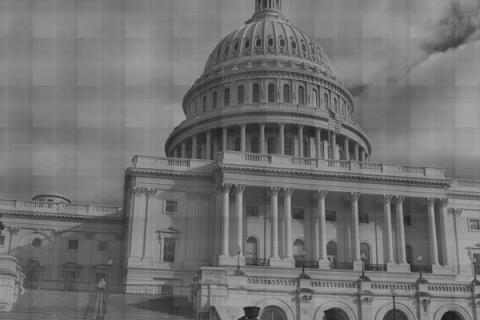No one would argue that today’s political discourse reaches the heights of intelligent repartee. You’d have to go back to media figures such as William F. Buckley and politicians such as Daniel Patrick Moynihan (D-NY) to find much in the way of politics as an intellectual pursuit.
There have been many other times in our nation’s history when shouting overwhelmed thoughtfulness, so I’m not trying to argue that we’re in totally unique circumstances.
But during my lifetime, I have never experienced such a surfeit of stupidity, a torrent of tantrums, and a diminishment of deep thinking.
There were always people around who spoke in simplistic and often hateful terms about groups with different backgrounds and opposing political persuasions.
But, for the most part, those people in responsible positions – whether in politics or the media – took moderate stances.
So what has made it okay to brook laughably unsupportable positions about your adversaries, and do so with impunity?
One reason could be the absence of critical thinking skills. In a world that is largely driven by marketing tactics such as branding and catch phrases, it is tough to avoid the line of least resistance in decision-making.
The easy way to bust through the information overload is to follow some ready-made, simplistic guideline prepared for you. There’s no need to worry about the complexity of an issue when you have a pre-packaged decision.
It’s not so much the macro positions that get determined this way – people don’t change their stripes on a whim. It’s the nuance that is lost.
Deeper thought invariably leads people away from extremes as they gain an understanding of alternate positions. But there’s little room for alternatives when every decision is a loyalty litmus test.
The words that are uttered daily by politicians and commentators are astounding. Political leaders of every stripe are accused of being Nazis or socialists without a shred of evidence to support that view. The apparent knowledge of these political ideas is so shoddy that politicians are sometimes accused of holding opposing views simultaneously.
When combined with current coarseness of language, oversimplified and overheated rhetoric takes on a tone of disrespect to political leaders. Politicians may deserve our disrespect, but not on the basis of their party preference alone.
It is ridiculous on its face that all the members of one party are villains while the others are heroes. This is a democracy that balances itself with a two-party system. But the concept of a “loyal opposition” has practically disappeared from our political landscape.
Spirited debate and strong feelings are respectable parts of a political process. But the absence of respect for others and the replacement of thoughtful discussion with sloganeering are not advancing our state and our nation.
If we don’t insist on a higher form of political discourse, then we are likely to suffer the consequences of narrow-minded decisions for years to come.

